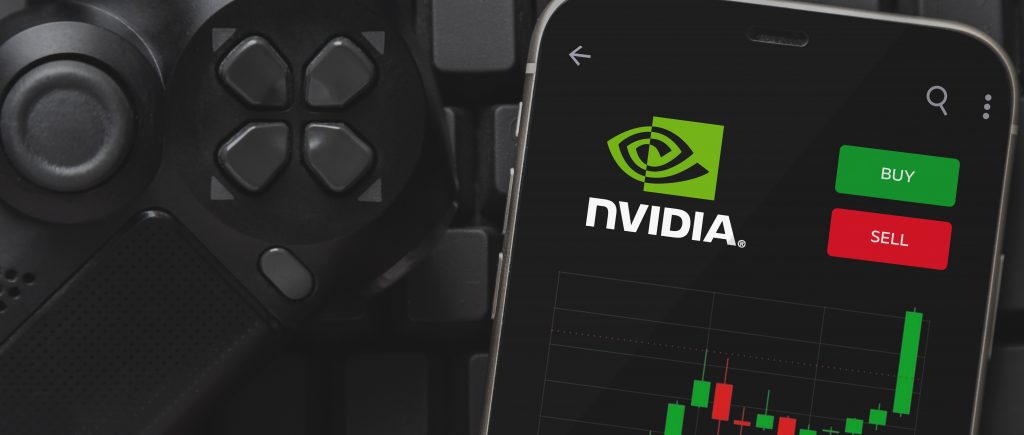In a move that underscores deepening technological ties, the United States has approved several billion dollars’ worth of Nvidia chip exports to the United Arab Emirates. The licenses were issued by the Commerce Department’s Bureau of Industry and Security as part of a bilateral artificial intelligence agreement concluded earlier this year.
Under the new arrangement, the UAE is expected to import up to 500,000 of Nvidia’s most advanced AI chips each year beginning in 2025. The agreement will remain in effect through at least 2027, with the possibility of extension until 2030.
A Strategic Partnership in Motion
The export approval forms part of a broader cooperation plan in which the UAE has committed to investing a reciprocal amount within the United States. The initiative is designed to strengthen both countries’ positions in artificial intelligence and data infrastructure, as the UAE accelerates construction of data centers critical for developing advanced AI models.
A spokesperson for the Commerce Department described the move as a sign of commitment to a “transformational U.S.–UAE AI partnership.” Nvidia declined to comment, while government representatives from both countries were not immediately available.
Diplomacy Meets Technology
The decision comes amid a broader U.S. strategy to deepen cooperation with Gulf nations on high-tech and digital innovation. Earlier this year, President Donald Trump announced approximately $600 billion in regional commitments, including large-scale chip purchases from Nvidia, Advanced Micro Devices, and Qualcomm.
The deal also signals a gradual easing of export controls on sensitive AI technologies, with strict oversight remaining in place to ensure compliance and prevent unauthorized transfers. The first phase of the export plan reportedly excludes direct allocations to G42, a leading UAE-based AI company that works closely with OpenAI, with operations expected to run through U.S.-linked partners in the region.
Key elements to watch include:
Implementation and oversight, ensuring compliance with export restrictions and monitoring of end use.
Geopolitical balance, as the UAE manages ties with multiple global partners while hosting U.S. technology.
Future expansion, with possible increases in chip quotas beyond the initial 500,000 units.
Infrastructure growth, as the UAE advances its AI and data-center capabilities.
The approval marks a milestone in the fusion of diplomacy, trade, and innovation — positioning the U.S.–UAE relationship as a central pillar in the next phase of global artificial intelligence development.

 Noor Trends News, Technical Analysis, Educational Tools and Recommendations
Noor Trends News, Technical Analysis, Educational Tools and Recommendations




